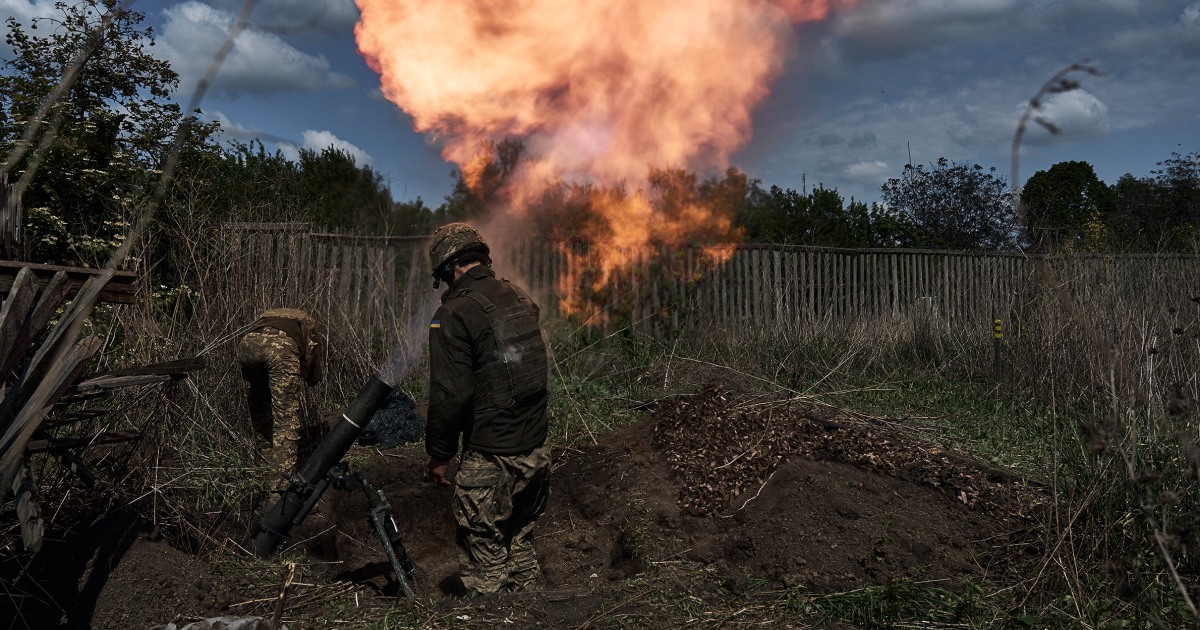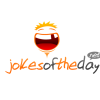
The new urgency from Kyiv, which is still waiting for crucial U.S. military aid, has prompted a growing list of Western officials to back the idea of removing the restrictions on hitting targets inside Russia.
For much of the war, Kyiv’s partners have drawn a solid red line at letting Ukraine use the weapons they supply inside Russian territory, fearing an escalation from the Kremlin that could turn the conflict into a World War III.
The Biden administration has been consistent in this stance, perhaps worried that Russian President Vladimir Putin could retaliate using nuclear weapons — which he has regularly threatened throughout the conflict.
But with Ukraine outnumbered, outgunned and on the back foot, Kyiv has been making a public case for its allies to loosen their restrictions.
And it seems to be working.
French President Emmanuel Macron became the latest high-profile backer of the idea Tuesday. He suggested Ukraine should be allowed to hit military targets inside Russia from which missiles were being fired at Ukrainian territory, an apparent compromise position.
He was joined by German leader Olaf Scholz, who had resisted the idea but agreed to the concept Tuesday.
It comes on the back of NATO chief Jens Stoltenberg’s repeated pleas to let Ukraine use Western-supplied weapons to hit targets inside Russia, saying that not doing so hampers Kyiv’s ability “to defend themselves.” It’s a view shared by a number of European members of the alliance, including the United Kingdom, Sweden and Poland.
In previous debates inside the Biden administration over how far to go in arming Ukraine, Secretary of State Antony Blinken and CIA Director William Burns have staked out a bolder stance, supporting the provision of longer-range missiles and other weapons — and have often prevailed following appeals from lawmakers and European governments.
And on Wednesday, Blinken appeared to leave room for a shift on this issue, too.
“We haven’t encouraged or enabled strikes outside of Ukraine. Ukraine, as I’ve said before, has to make its own decisions about the best way to effectively defend itself,” he said during a trip to Europe that will include a NATO meeting Thursday. A “hallmark” of U.S. support for Ukraine, he said, “has been to adapt.”
“As the conditions have changed, as the battlefield has changed, as what Russia does has changed,” he added. “We’ve adapted and adjusted too and I’m confident we’ll continue to do that.”






